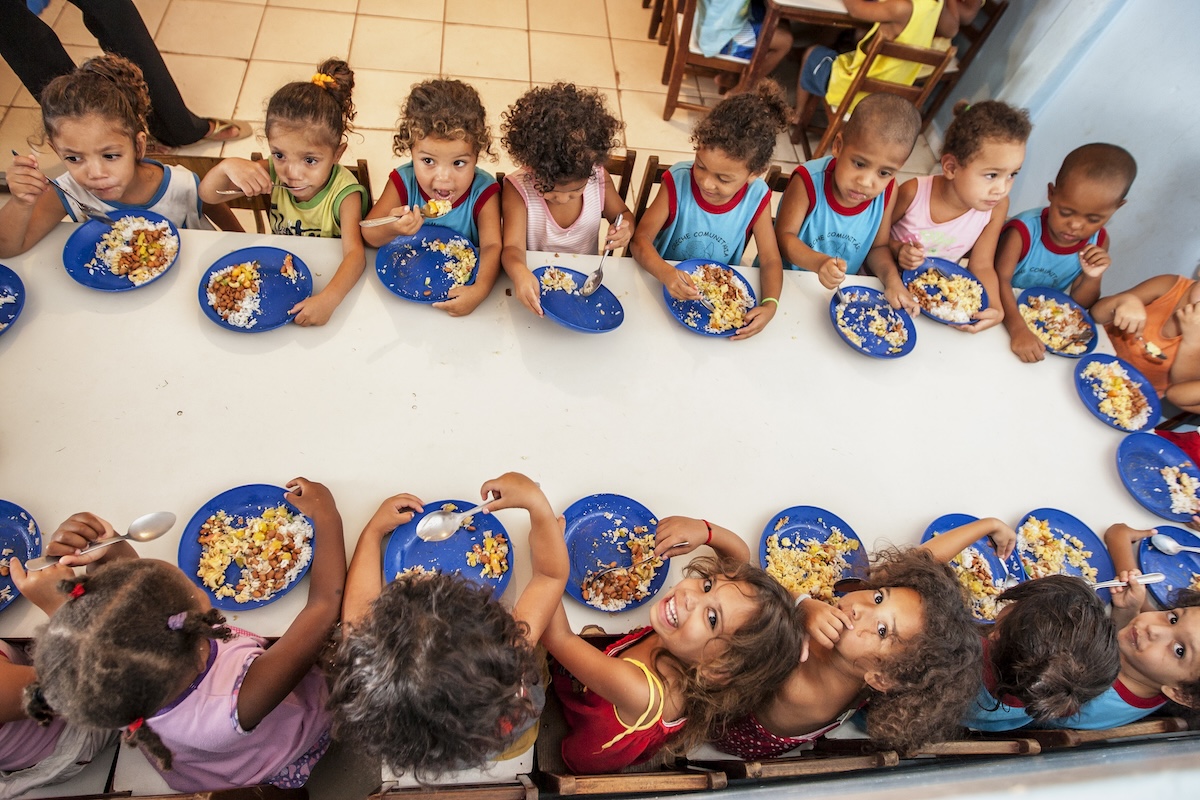Alliance against Hunger and Poverty advances, but access to resources is still a challenge
The Brazilian presidency of the G20 is innovating by getting rich countries to join the Alliance to eradicate hunger, but access to existing funding is still a challenge. Technical cooperation and the implementation of successful experiences from G20 countries are part of the Task Force's strategy. The expectation is to achieve good results by 2030.

Discussions to build a Global Alliance against Hunger and Poverty are advancing towards the construction of a package of policies based on a series of criteria and adjustments of the adhesion terms. Wellington Dias, Minister of Development and Social Assistance, Family and Fight against Hunger (MDS), affirmed that he was satisfied with the debate held at the second meeting of the Task Force to Fight Hunger and Poverty, this Friday (22), in Brasilia.
For the minister, Brasil's presidency of the G20 innovates by making rich countries prioritize an alliance to eradicate hunger. "The more developed countries can collaborate with developing countries with knowledge and financial resources. And the expectation is that we can achieve good results by 2030," he affirmed. Among the Brazilian experiences that could be included in the package of policies to be shared with other countries, the minister cited Bolsa Família, the National School Feeding Program (Programa Nacional de Alimentação Escolar) (PNAE) and the Unified Registry (Cadastro Único).
Access to existing funds

However, the challenge of fighting hunger is complex and cannot be based on a simplistic solution, such as the creation of a single new fund. Renato Godinho, head of the MDS's Special Advisory Office for International Affairs, draws attention to the fact that there are already several funds supporting the fight against poverty in the world. The problem is that countries want to implement large-scale mechanisms, such as Bolsa Família, for example, and are unable to coordinate this aid. "The alliance proposes to better articulate all the existing funds, the various solutions, and, at the same time, mobilize so that there are more resources and new solutions." That's why it's important to work together with the Finance Track.
Débora Freire, Undersecretary for Fiscal Policy at the Ministry of Finance's Secretariat for Economic Policy, agrees that the issue of eradicating hunger cuts across several areas of study and it is crucial to align the work of the two G20 tracks - the Sherpas Track and the Finance Track. “It is very clear in the Finance Track working groups that eradicating hunger in the world is a way for countries, especially low-income nations, to gain productivity and better economic results," evaluates the Undersecretary for Fiscal Policy.
The Global Alliance against Hunger and Poverty works on three pillars: national, knowledge and financial. Once they are a member, countries make a commitment to use specific knowledge from specialized institutions using a range of financing options to implement public policies.
The meeting of the Task Force to Combat Hunger and Poverty had the participation of 53 delegations from G20 member countries, guest countries and various international organizations, including the Food and Agriculture Organization of the United Nations (FAO) and the United Nations Children's Fund (UNICEF). The group seeks to establish the technical bases and negotiate the main characteristics for a practical mechanism for implementing good international policies against hunger and poverty. The next meeting will take place between May 22 and 24 in Teresina, Piauí.
Exchanging experiences
In the spirit of exchanging experiences, after the meeting, part of the team went to visit a school and a rural property in Brasília that participates in the National School Feeding Program (PNAE) (Programa Nacional de Alimentação Escolar). The program provides food produced by family farming to 144,000 schools and feeds around 40 million children and adolescents every day in the whole country.
